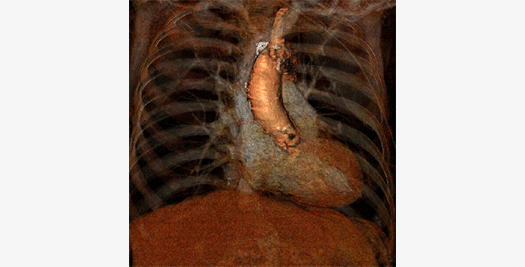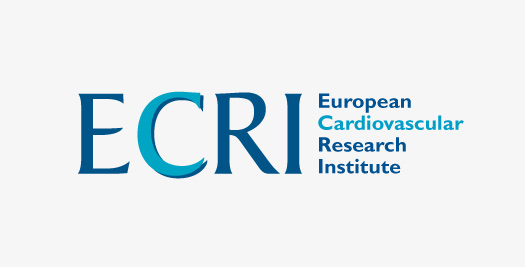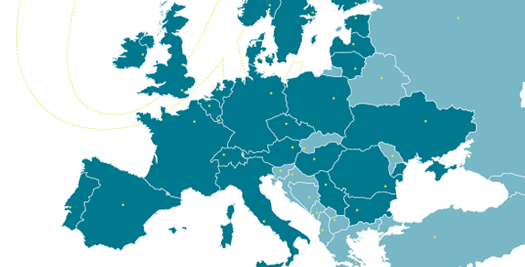Safety management
Cardialysis offers Sponsors the full package of safety services needed and required for their clinical studies. The Safety Team at Cardialysis is highly experienced, having processed ten thousands of adverse event reports from clinical studies with medicinal products, with devices, and from treatment strategy studies. This includes both industry sponsored studies and investigator initiated studies. The Safety Team is highly flexible, which means or Cardialysis systems and procedures they can work with Sponsor owned systems and procedures. The Safety Team is unique in their knowledge of the cardiology field, which ensures high quality data and fewer queries. They collaborate closely with all other functions at Cardialysis involved in the study, such as the Data Management department, (local) monitors, Statistics, Medical Department and the Data Safety Monitoring Boards (DSMBs). This ensures efficiency throughout the duration of the study and allows the Safety Team to be able to provide Sponsors with frequent data outputs enabling the legally required Sponsor oversight of patient safety.
Adverse Event Processing and Reporting
The Cardialysis Safety Team ensures that all AEs are processed in accordance with the legal timelines in the legally required format, applicable to the study at hand. The Safety Team has the knowledge and the systems to ensure that (suspected) unexpected serious adverse events, device effects and drug reactions, USADEs/ SUSARs/ SAEs are reported in a timely and correct manner to Competent Authorities and Medical Ethics Committees in an expedited manner or in the applicable legally required periodic reports, such as the MEDDEV Line Listing of the DSUR. As the Safety Team uses a high-end safety system which ranks at the top of the field, more complex services can be offered additionally, such as signal detection and medical monitoring.
Data Safety Monitoring Board (DSMB)
The DSMB is responsible for ensuring the safety of the patients participating in a clinical study. In addition, the DSMB monitors the endpoint data and provides recommendations on the continuation of the study and/or modifications to the protocol that may be necessary to maintain the safety of the patients. To contribute enhancing the integrity of the study, the DSMB may also make recommendations related to the selection, recruitment and retention of the patients, patient management, improved adherence to protocol-specific regimens, and the procedures for data management and quality control.
A DSMB typically consists of 3 to 5 members, and has the expertise required for the clinical study concerned. Cardialysis works with the Steering Committee and sponsor to appoint the DSMB members , develops the DSMB procedures, organizes the DSMB meetings, and provides the DSMB with safety and efficacy data during the execution of the study.
Clinical Endpoint Adjudication
Cardialysis is accustomed to setting up and running the entire event adjudication process: from preparing the event dossiers to organizing the Clinical Event Committee (CEC) who will adjudicate the events. The web-based adjudication system offers numerous advantages, one of the most important being the immediate availability of the results. Read more on endpoint adjudiation through this link.




